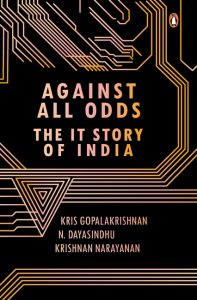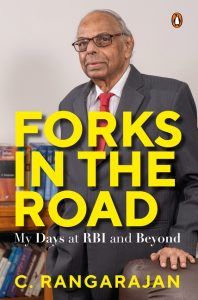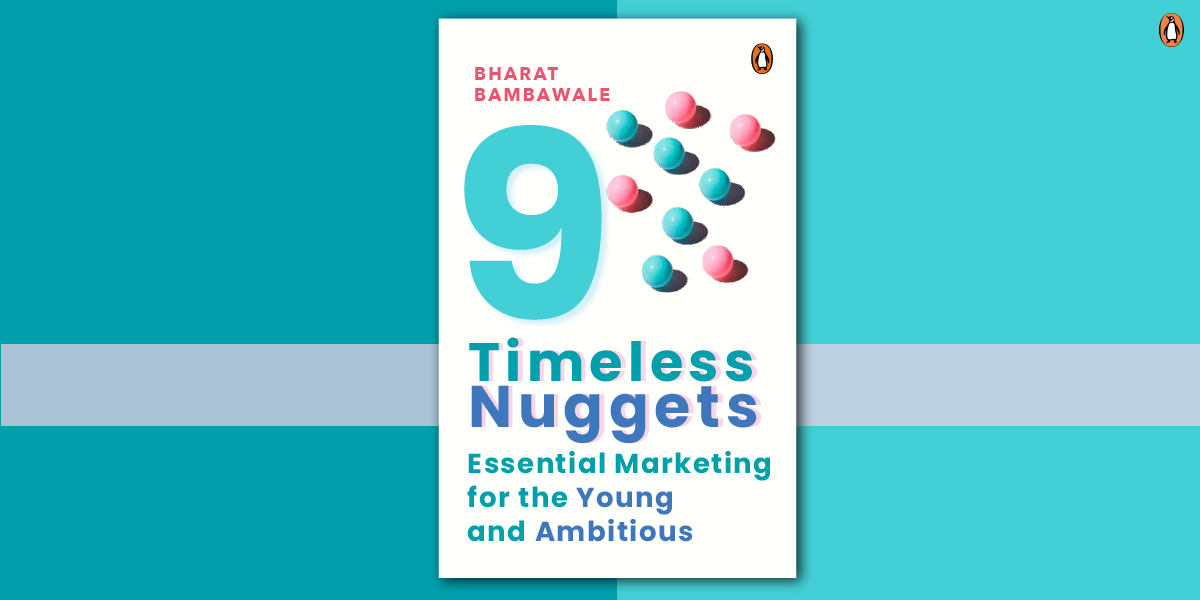We are thrilled to announce the longlisted works from Penguin Books for Tata Literature Live Book Awards 2023. These remarkable books, spanning a wide range of genres and themes, have captivated readers with their narratives that explore love, family, identity, history, science, and societal transformation. Join us in celebrating these exceptional authors and their stories that have earned them a place on the prestigious longlist.

Mallika is a painfully shy young woman growing up in the heart of a close-knit, sometimes stifling New Delhi colony. Though she is surrounded by love, her life is complicated by secrets that she, her mother and her aunt work hard to keep.
After suffering a trauma aged nineteen, Mallika loses three days of her memory and slowly spirals into a deep depression. She must find a way out of this abyss, back to herself and those she cares about. But she must also hide her mental illness from her community.
In a narrative that unfolds elliptically from the perspectives of Mallika and the seven people closest to her, the astonishing story of these characters’ lives emerges. For Mallika’s family, childhood friends and the two men she loves are also hiding truths. As each gives voice to contending with their own struggles, secrets and silences shatter.

Spanning decades, from the forced migration of Bengalis to East Pakistan in 1947, through the 1971 liberation war, the wave of immigrants to the West in the 1980s, and a final return, Iffat Nawaz’s lyrical and evocative prose marks the arrival of a distinctive voice, one that unravels questions of grief, belonging, identity, and family with delightful imaginativeness and devastating insight. With its mesmerising balance between inexplicable otherworldliness and undeniable reality, this debut novel asks, above all, how we can honour the past without letting its wounds destroy us.

Writer, Rebel, Soldier, Lover features a formidable cast of characters: from writers like Premchand, Phanishwarnath Renu, Raja Rao, Mulk Raj Anand and Josephine Miles to Prime Minister Jawaharlal Nehru, revolutionary Chandra Shekhar Azad and actor Balraj Sahni. And its landscapes stretch from British jails, an intellectually robust Allahabad and modern-day Delhi to monasteries in Europe, the homes of Agyeya’s friends in the Himalayas and universities in
the US. This book is a magnificent examination of Agyeya’s civilizational enterprise.
Ambitious and scholarly, Writer, Rebel, Soldier, Lover is also an unputdownable, whirlwind of a read.

From Pulitzer Prize-winning and #1 New York Times bestselling author of The Emperor of All Maladies and The Gene, The Song of The Cell is the third book in this extraordinary writer’s exploration of what it means to be human-rich with Siddhartha Mukherjee’s revelatory and exhilarating stories of scientists, doctors, and all the patients whose lives may be saved by their work.
In The Song of the Cell, Mukherjee tells the story of how scientists discovered cells, began to understand them, and are now using that knowledge to create new humans. He seduces readers with writing so vivid, lucid, and suspenseful that complex science becomes thrilling. Told in six parts, laced with Mukherjee’s own experience as a researcher, doctor, and prolific reader, The Song of the Cell is both panoramic and intimate-a masterpiece.

Against All Odds: The IT Story of India is an insider’s account and an anecdote-rich history of Indian IT over the last six decades. It taps into the first-hand experiences of Kris Gopalakrishnan and fifty other stalwarts
who built and shaped the IT industry. This is a tale of persistence and resilience, of foresight, of planning and being ready when luck knocks on the door, of a spirit of adventure and, above all, of an abiding sense of faith in technology and the belief that it would do good for India. It is a tale of triumph, and the best is yet to come!

In Forks in the Road, the veteran economist and policymaker provides a captivating account of his professional journey, starting with his purely accidental entry into the RBI in 1982. Rangarajan, regarded as one of the tallest figures in the history of India’s economic reforms, provides crucial insights into the role he played as part of the team which initiated far-reaching reforms in India’s economy in the early 1990s. The path-breaking reforms that he implemented during his tenure as governor of RBI included deregulation of interest rates, strengthening of the banking system by a gradual tightening of prudential norms, creation and nurturing of financial markets, giving them depth and vibrancy, shifting to market-determined exchange rates, making the rupee convertible on the current account and the cessation of automatic monetization of budget deficit.

Working to Restore examines revolutionary approaches in nine areas: agriculture, waste, supply chain, inclusivity for the collective good, women in the workforce, travel, health, energy, and finance. The companies profiled are solving global issues: promoting responsible production and consumption, creating equitable opportunities for all, encouraging climate action, and more. Chhabra highlights how their work moves beyond the greenwashed idea of ‘sustainability’ into a new era of regeneration and restoration.



















